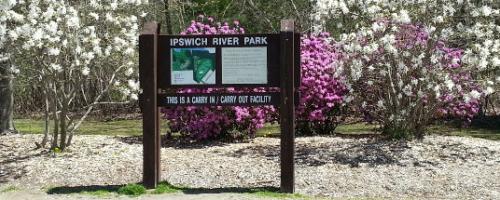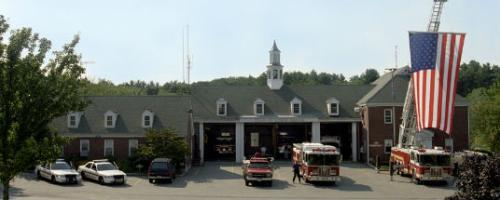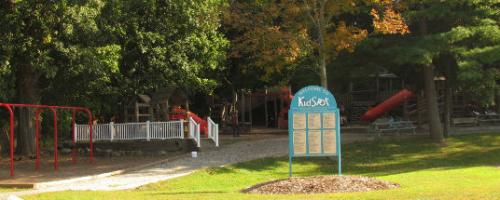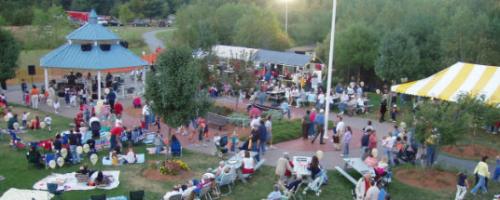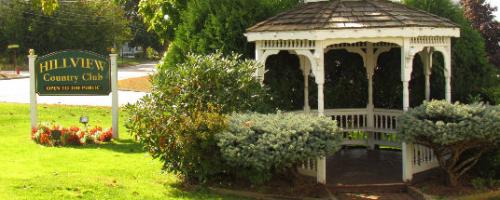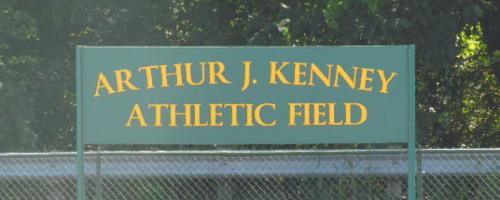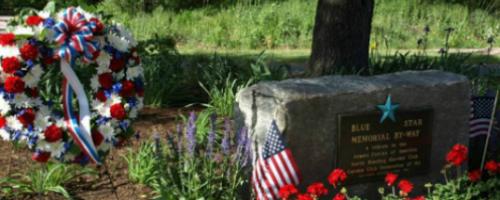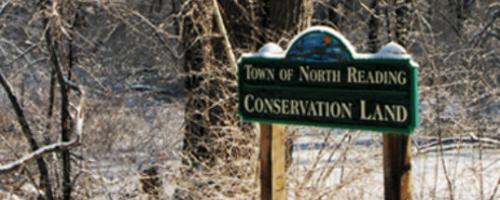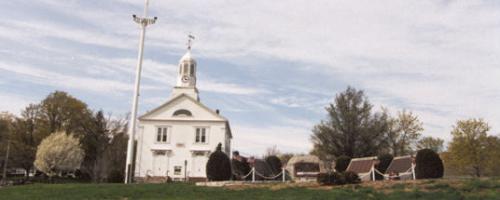Rain Barrels
 The North Reading Water Department, in cooperation with the Reading/North Reading Stream Team, is offering Rain Barrels for sale to residents of North Reading. The North Reading Water Department encourages the use of Rain Barrels as one of a number of innovative water conservation and re-use techniques that can be employed by residents to reduce the water demands placed on the Ipswich River while lowering your water bills!
The North Reading Water Department, in cooperation with the Reading/North Reading Stream Team, is offering Rain Barrels for sale to residents of North Reading. The North Reading Water Department encourages the use of Rain Barrels as one of a number of innovative water conservation and re-use techniques that can be employed by residents to reduce the water demands placed on the Ipswich River while lowering your water bills!
Why Use a Rain Barrel?
Rain barrels catch roof runoff, providing "free" water that is great for gardens and reduces our stress on the Ipswich River - our water supply. Just 1/4 inch of rain runoff from the average roof will completely fill most rain barrels. Collecting the rain for re-use prevents it from running off, causing flooding, or being lost down storm drains. Rain water diversions also decrease the burden on the Town's water treatment facilities and municipal drainage systems during storms.
Rain Barrel Sources
Rain barrels can be purchased from retail, mail order garden supply companies or over the internet. You can also make your own rain barrel. Heavy duty plastic trash barrels, food grade manufacturing barrels and used whiskey barrels can all be used to collect roof runoff.
The North Reading Water Department - with partial funding through the Massachusetts Executive Office of Environmental Affairs, the Massachusetts Watershed Initiative, and the Massachusetts Department of Fisheries, Wildlife and Environmental Law Enforcement - also offers rain barrels at a discounted price of $100 to residents of North Reading. These 60-gallon polyethylene rain barrels are manufactured from recycled shipping barrels used to import olives, and supplied by the Great American Rain Barrel Company. The rain barrels are forest green in color, and come complete with an overflow fitting, drain plug, screw-on cover, and a threaded spigot. The spigot may be attached at the base or part way up the barrel (for use with a watering can).
Diverters that may be cut into a gutter downspout are also available for $30 from the Water Department. The diverter can be opened to send the water into the rain barrel or closed to allow the downspout to function as usual.
Quantities are limited, and sales are restricted to one barrel per household. The barrels and diverters are available at North Reading Town Hall, 235 North Street. Please contact the Water Department or Department of Public Works at (978) 664-6060 for additional information.
Why Save Water?
The Ipswich River has been listed as one of the most stressed river basins in the country. North Reading, Reading and Wilmington municipal wells all draw water from the upper reaches of this small river and its tributaries, as do 11 other towns downstream.
Water use by residents peaks in the summer, primarily due to outdoor water use for lawn and garden watering, car washing and the filling of swimming pools. At the same time, the river experiences its annual period of lowest flow during the summer months due to the uptake of much of the groundwater by plants and higher rates of evaporation in the warmer months. These factors combine to cause extreme low flow events in the upper reaches of the river - to the point where the river is reduced to a series of isolated ponds in dry years!
Reducing municipal water use in the summer helps protect the river and the animals that depend on the river. Using less municipal water means residents can continue to use the Ipswich for swimming, fishing and canoeing.
Saving water means saving money on water bills as well! Rain running off your roof is free.
Rain Barrels Are Easy To Use!
Simply direct the roof runoff from a downspout into the rain barrel. You can use a single rain barrel, or place a rain barrel at each downspout around your home to collect more water. Multiple rain barrels can also be linked together with a short length of hose to provide increased storage capacity.
Rain barrels work best when positioned at a slightly higher elevation than the garden to be watered. Gravity draws the water through a garden hose to your watering site. You can also dip water from the top of the barrel or place a watering can under the spigot for smaller watering jobs.
Barrels should be level and secure and can be placed on landscape pavers to allow room to place a watering can beneath the spigot.
Rain barrels should be drained and disconnected for the winter as water freezing in the barrel can cause the barrel to split.
Other Ways To Save Water
Gardening and landscaping are healthy pastimes, and they make your home look great. Low water use gardening helps protect the environment as well. Some options to help reduce lawn and garden water use include:
- Choose native plants. They require less maintenance and water than many non-native plants
- Group plants with similar needs. Plant a small (water-intensive) lawn and plant larger areas with ground covers, perennials and shrubs. Mulch plantings to conserve moisture.
- Let your lawn go dormant in the summer. Grass naturally goes dormant as a reaction to hotter and dryer weather. The lawn will green up again when the weather cools.
- Do not over water. A lawn needs just one inch of water per week to stay green, and this amount is frequently supplied through rain. Frequent, shallow watering encourages shallow root growth, which is not healthy for your lawn.
- Install a rain sensor. The sensors are used with automatic irrigation systems to prevent them from turning on when it has rained recently.
- Set the cutting height on your lawnmower to at least 3" high. Longer grass means roots that reach deep for soil moisture and nutrients.
Additional Links
Ipswich River Watershed Association
USGS Ipswich River Flow Gauge at South Middleton
The Great American Rain Barrel Company
Contact the Reading/North Reading Stream Team
Massachusetts Executive Office of Environmental Affairs
Massachusetts Division of Fisheries and Wildlife

